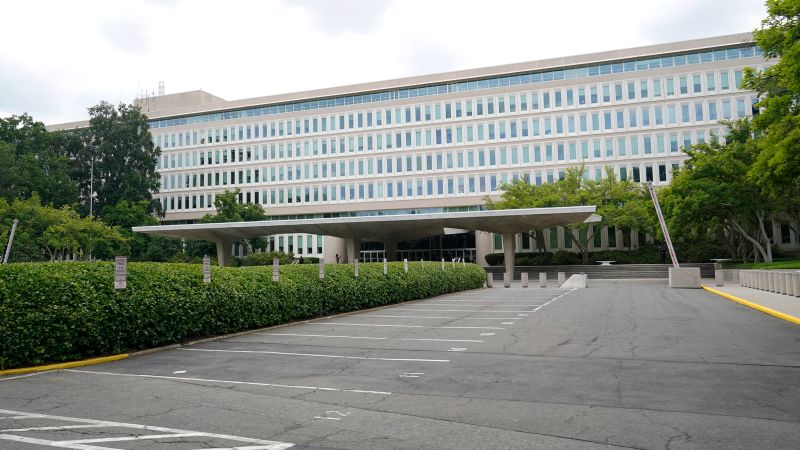The article discusses the ongoing investigation into the mysterious illness known as Havana syndrome, which has affected soldiers, spies, and diplomats with debilitating symptoms. Despite initial promises from CIA Director Bill Burns to delve into the issue, victims and advocates are frustrated with the agency’s assessment that the illnesses are unlikely to be caused by a foreign actor, particularly Russia. The victims feel neglected by the government and are calling for a more thorough investigation into what they believe is the result of a new weapon being used by Russian agents.
The CIA’s internal efforts to investigate the illness indicate that the evidence is lacking to attribute the episodes to Russia. While the agency has improved in caring for injured officers, the controversial studies conducted by the National Institutes of Health have further fueled anger among the victims. Some claim they were required to participate in these studies as a prerequisite for receiving care at Walter Reed, leading to allegations of unethical treatment by the CIA.
The debate over Russia’s involvement in the Havana syndrome has led to tension and distrust between the victims and the government agencies tasked with investigating the issue. While some former officials and evidence suggest Russian involvement, the CIA maintains that there is insufficient evidence to definitively tie the episodes to Russia. The disagreement has complicated the investigation and hindered efforts to provide effective care for the affected individuals.
The victims and their advocates continue to push for answers and justice, with some taking matters into their own hands by starting companies to provide additional care for those afflicted. Congressional investigations and advocacy efforts have shed light on the issue, but the mystery surrounding the illness persists. Some experts believe the injuries could be the result of directed energy attacks, but the government’s inability to recreate such a weapon has added to the complexity of the investigation.
Allegations of unethical behavior by the CIA in requiring victims to participate in studies have further strained the relationship between the victims and the government. While the agency denies the claims, the victims remain adamant that they were pressured into participating. Ethical concerns regarding the treatment of the victims and the lack of specific treatment for Havana syndrome have raised questions about the agency’s handling of the situation. The ongoing investigations and debates continue to fuel frustration and distrust among the victims and officials involved in the issue.


